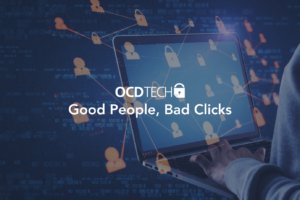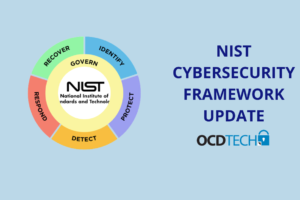In today’s technology-driven world, cybersecurity has become a top priority for businesses, governments, and individuals alike. The rise of cybercrime and the increasing dependence on digital technology have made it critical for everyone to take proactive measures to protect their information from malicious attacks. With this scenery ahead, OCD Tech believes in the importance of being informed, exploring in this article the recommendations by CISA and NCA.
Since 2004, the President of the United States and Congress have declared October to be Cybersecurity Awareness Month, helping individuals protect themselves online as threats to technology and confidential data become more commonplace. The Cybersecurity and Infrastructure Security Agency (CISA) and the National Cybersecurity Alliance (NCA) lead a collaborative effort between government and industry to raise cybersecurity awareness nationally and internationally.
The month is dedicated to creating resources and communications for organizations to talk to their employees and customers about staying safe online.
This year’s campaign theme “See Yourself in Cyber” demonstrates that while cybersecurity may seem like a complex subject, ultimately, it’s really all about people. This October will focus on the “people” part of cybersecurity, providing information and resources to help educate CISA partners and the public, and ensure all individuals and organizations make smart decisions whether on the job, at home or at school, now and in the future.
It’s easy to stay safe online
While most of the cybersecurity news articles are about massive data breaches and hackers, it can seem overwhelming and feel like you’re powerless against it. But Cybersecurity Awareness Month reminds everyone that there are all kinds of ways to keep your data protected. It can make a huge difference even by practicing the basics of cybersecurity.
KEY ACTION STEPS:
· Enabling multi-factor authentication
· Using strong passwords and a password manager
· Updating software
· Recognizing and reporting phishing
Source: CISA, NCA.




